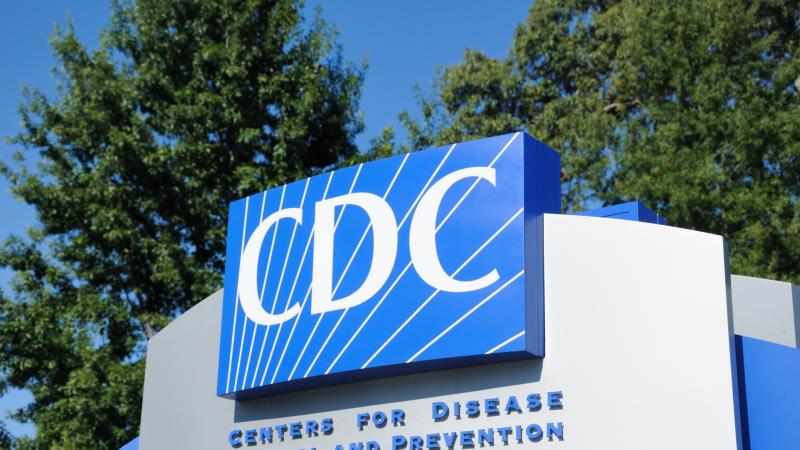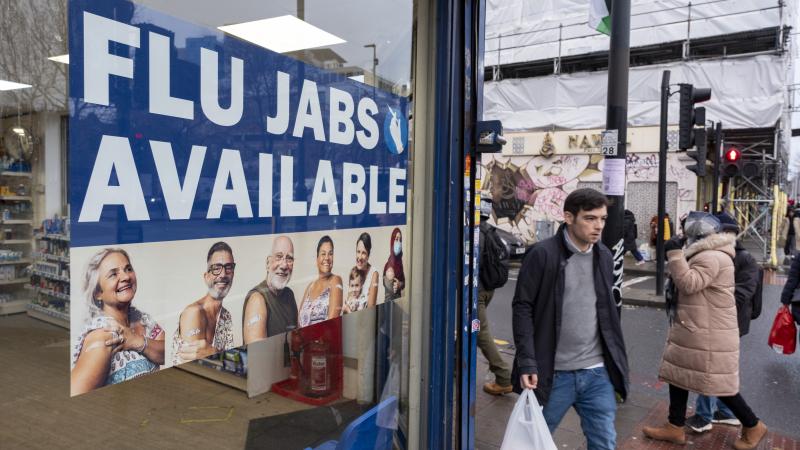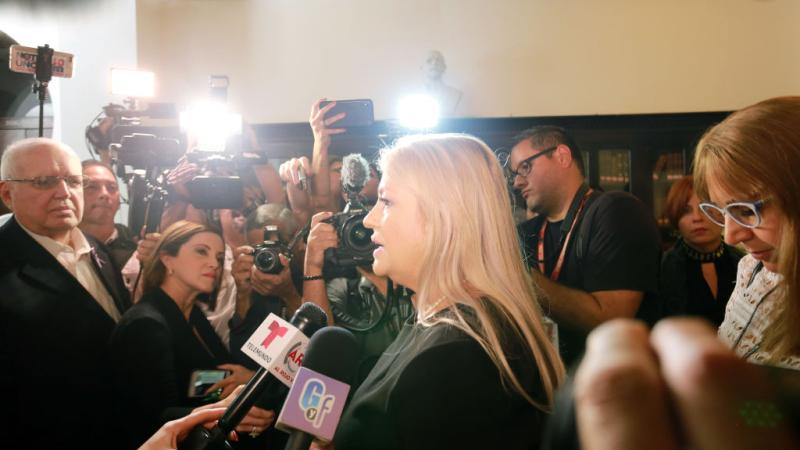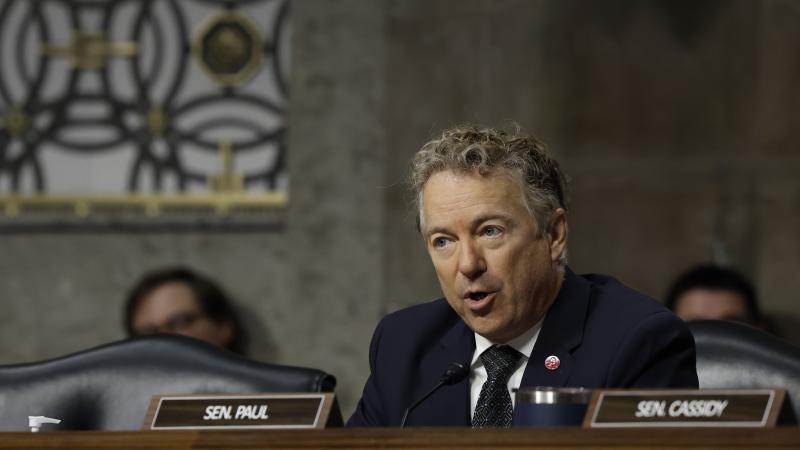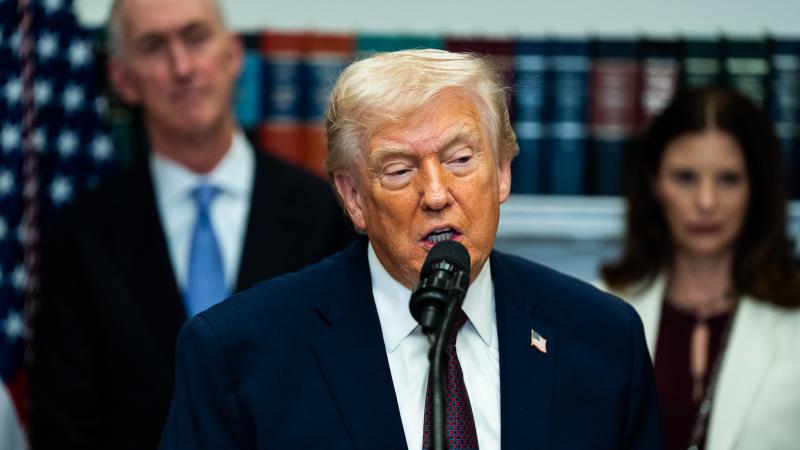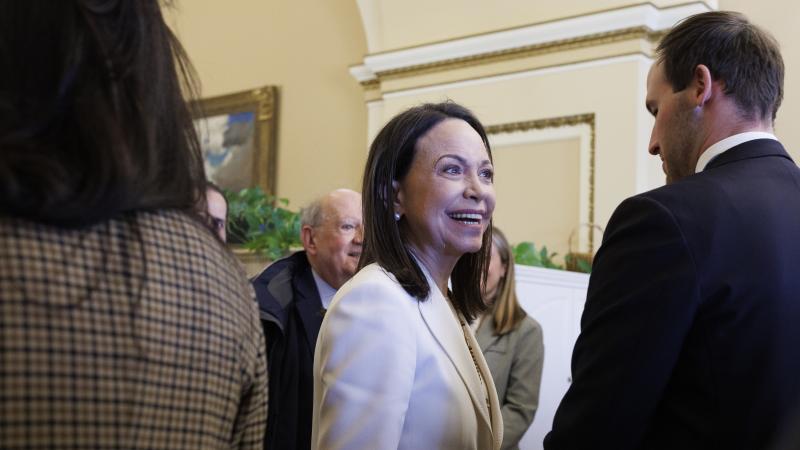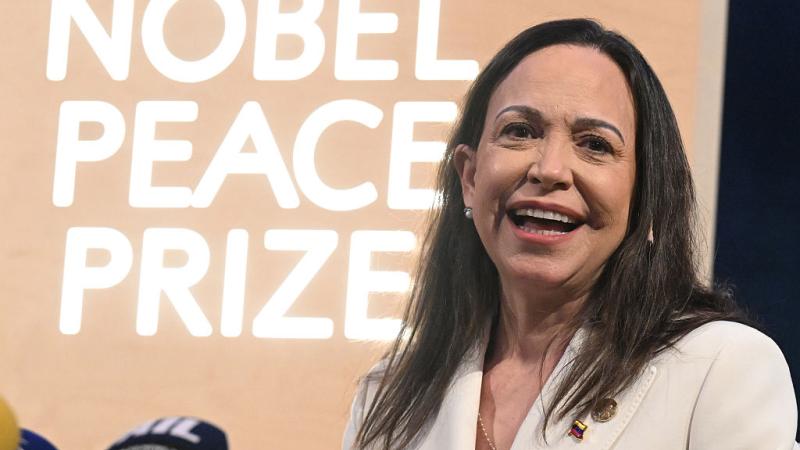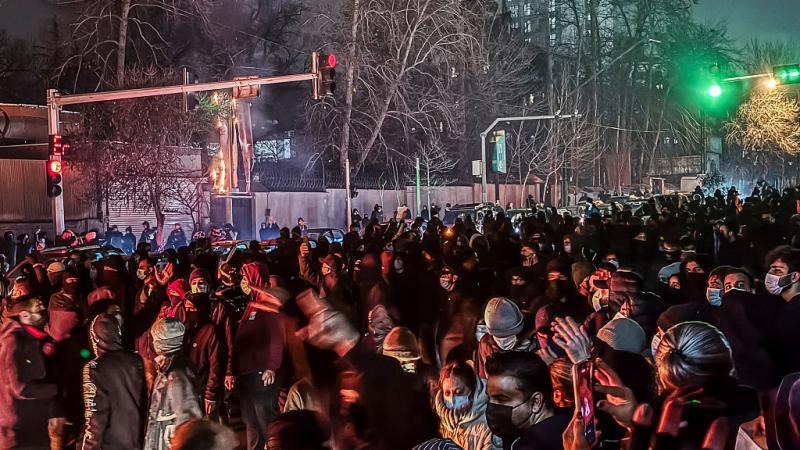Get jabbed, get infected: New flu vaccine study appears to validate RFK Jr. skepticism
The study, which has yet to be peer reviewed, was conducted by the Cleveland Clinic on its own employees.
Less than 100 days into the second Trump administration, the Department of Health and Human Services' newfound skepticism of vaccine claims under Secretary Robert F. Kennedy Jr. seems to be prescient, notwithstanding media hand-wringing.
The current flu vaccine, whose effectiveness is a tossup every year, in fact makes infection substantially more likely than not getting jabbed, according to the latest Cleveland Clinic study of its own employees. The study has yet to be peer-reviewed, which means it's new medical research that has yet to be evaluated and so should not be used to guide clinical practice.
Nearly 44,000 of its 53,000 employees for whom age and sex data were recorded received the flu vaccine during the 25-week study, a research feat made possible by the Cleveland Clinic's free, mandatory vaccination for employees without a medical or religious exemption.
About 2% got infected, according to the Cleveland Clinic research team led by infectious diseases physician Nabin Shrestha, also a professor in its medical college.
"The cumulative incidence of influenza was similar for the vaccinated and unvaccinated states early" but "increased more rapidly" for the former as the study went on through March 26, eventually reaching negative effectiveness of 27%, the researchers found.
"Notably, this was a relatively young population, with a mean age of 42 years, and 75% were female," the paper says. "About 20% had a clinical nursing job."
While the vaccinated were "more likely to be tested than the unvaccinated on any given day," it does not appear the vaccinated had a "higher propensity to get tested" but rather had a "higher number of infections itself," they said.
The limitations of the study are that it misses infections diagnosed solely by home testing kits, it couldn't compare "the risk of influenza-associated hospitalization or mortality, or to examine if the vaccine decreased severity of illness," and the population was mostly "individuals who were healthy enough to be employed," with few elderly and no children.
The acclaimed medical center's research has seesawed between undermining the public health establishment's portrayal of COVID-19 vaccines as modern miracles with negligible adverse events and burying adverse events through selective presentation of data.
Shrestha's team found then-new bivalent vaccines were only 30% effective against current strains and the chance of infection rose with each dose in December 2022.
Peer-reviewed journals rejected their followup study on the 2023-2024 formulation of mRNA vaccines against the JN.1 variant of SARS-CoV-2, which found their "low level of protection" was offset by the higher risk of infection among the more-vaccinated in working-age adults.
This is despite the Centers for Disease Control and Prevention's even earlier research, from November 2022, finding sub-50% absolute vaccine effectiveness from bivalents in every age group, worst in age 65 and up, and the strongest "relative" VE in recipients who stopped at the primary series of two mRNA doses and waited the longest between doses.
CDC researchers also found negative VE nearly a year earlier, in a peer-reviewed Journal of the American Medical Association study, among unboosted adults compared to unvaccinated peers. Soon after the New York Health Department found negative VE from Pfizer's COVID vaccine just six weeks after it took full effect in children 5-11, but buried it in a graph.
Yet the Cleveland Clinic touted a peer-reviewed study last fall by a different team that found a doubling of risk for heart attack, stroke and death after COVID infection, but the researchers buried figures showing the increased risk applied only to hospitalized patients.
Unlike Shrestha's studies, that study was funded by the National Institutes of Health, which also touted the same selective presentation of findings as the clinic did.
"The COVID vaccines have caused a massive loss of trust of [sic] the routine vaccine schedule," which "wasn't a big issue a few years ago," cardiologist and chief scientific officer of the Wellness Company Peter McCullough, who favors COVID vaccine removal from the market, told Just the News No Noise last week.
He said the Cleveland Clinic flu vaccine study builds on a 2012 peer-reviewed randomized controlled trial by University of Hong Kong public health researchers that found a 4.4-fold increased risk of non-flu infection for nine months after children received a flu vaccine, who speculated those kids "may lack temporary non-specific immunity" to other viruses.
While he took flu vaccines for "over 40 years" and stopped in the early 2020s, McCullough now thinks they should have a "reduced and narrowed use for those who are at the greatest risk and can derive the benefit," not the general population.
'Bacteriological infection' and wrong antibiotic - not measles?
The flu finding comes as a pro-pharma trade publisher tries to discredit the new adviser for Food and Drug Administration Commissioner Marty Makary for her nuanced vaccine views and Kennedy challenges the media narrative about measles deaths in Texas.
Using its own editorial voice, Citeline – which rebranded from "Pharma Intelligence" – said Makary adviser Tracy Beth Hoeg "has a track record of spreading misinformation about the COVID-19 vaccines" in a story about the FDA delaying full approval of Novavax's COVID vaccine from emergency use authorization.
An anonymous source claimed the agency's principal deputy commissioner, Sara Brenner, asked Hoeg to review the application, prompting Citeline to quote public health figures who still support the early COVID conventional wisdom trashing Hoeg for allegedly "misinterpret[ing] data" such as the rate of vaccine-induced myocarditis and efficacy of vaccines.
Mainstream media touted Kennedy's endorsement of the MMR vaccine against measles in an interview with CBS chief medical correspondent Jon LaPook on Tuesday without noting he challenged LaPook's claim that unvaccinated 8-year-old Daisy Hildebrand, who lived in a Mennonite community, died of measles.
CBS did not include Kennedy's challenge in its "key takeaways" summary of the interview. The American Values PAC clipped the relevant portion of the interview.
While the Texas Department of State Health Services claimed the second child "had no reported underlying conditions" and died of "measles pulmonary failure," citing the girl's doctors, Kennedy said Hildebrand was "hospitalized three times for other illnesses."
She had "extreme tonsillectomy," mononucleosis that "she could not kick" and measles from which she recovered, Kennedy said, citing her parents. He said her medical report blamed a "bacteriological infection" for her death, which LaPook retorted was how people die of measles – increased susceptibility to secondary infections.
Kennedy's Children's Health Defense reported that Hildebrand died of "acute respiratory distress syndrome due to hospital-acquired pneumonia," based on her hospital records that were given to Hildebrand's parents by University Medical Center.
The parents then shared them with Pierre Kory, a board-certified specialist in pulmonary diseases whose Senate testimony was censored by YouTube, and CHD's chief scientific officer, Brian Hooker, known for exposing an unwilling CDC whistleblower on suppressed evidence of a vaccine-autism link.
Robert Malone, the mRNA vaccine pioneer-turned-critic, posted a lengthy essay alleging UMC ignored the express directives of her parents and "appear[s] to have treated her as if she was suffering from COVID rather than ARDS," giving her steroids that "suppress the immune system's ability to fight bacterial infections."
He pointed to CHD's analysis of the first unvaccinated Texas child's death attributed to measles based on the child's records from her family, which also blamed medical error by Covenant Children’s Hospital – delaying the "correct antibiotic" for more than two days.
The essay attributes the claims to a "Licensed Texas Physician with significant experience successfully treating measles during the current outbreak," who told Malone the second child was "chronically ill" and "previously infected with measles in a Texas hospital."
Malone told Just the News that a physician "is involved in the case but he is worried about the impacts of being named." UMC and Covenant Children's did not respond to queries for their response to the allegations of medical error.
The Facts Inside Our Reporter's Notebook
Links
- effectiveness is a tossup every year
- Cleveland Clinic study of its own employees
- Nabin Shrestha, also a professor
- then-new bivalent vaccines were only 30% effective
- Peer-reviewed journals rejected their followup study
- Centers for Disease Control and Prevention's even earlier research
- CDC researchers also found negative VE
- New York Health Department found
- Cleveland Clinic touted a peer-reviewed study
- touted the same selective presentation of findings
- Just the News No Noise
- 2012 peer-reviewed randomized controlled trial
- stopped in the early 2020s
- new advisor for Food and Drug Administration Commissioner Marty Makary
- nuanced vaccine views
- Using its own editorial voice, Citeline
- rebranded from "Pharma Intelligence"
- Mainstream media touted
- interview with CBS
- 8-year-old Daisy Hildebrand
- CBS itself hid Kennedy's attempted correction
- American Values PAC clipped the relevant portion
- Texas Department of State Health Services claimed
- Kennedy's Children's Health Defense reported
- Pierre Kory, a board-certified specialist
- Senate testimony was censored by YouTube
- exposing an unwilling CDC whistleblower
- lengthy essay alleging UMC ignored the express directives
- CHD's analysis of the first unvaccinated Texas child's death
